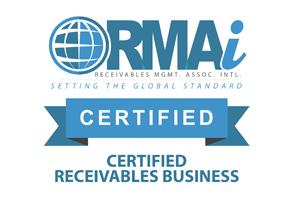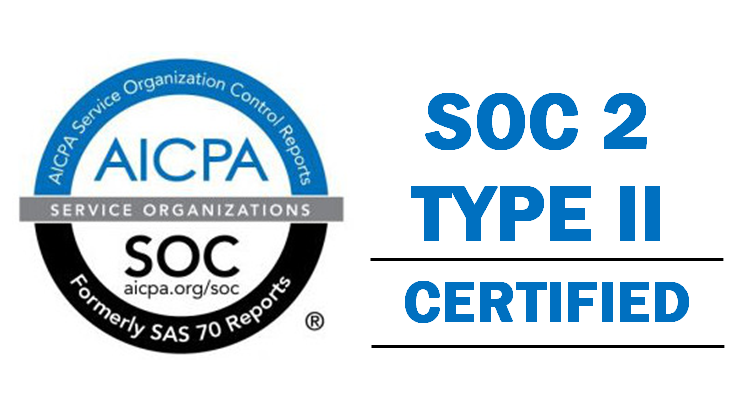It’s easiest to think of debt as a financial instrument individuals and businesses commonly use to fund purchases or investments. That is, it’s not good or bad. It’s just a strategic move. While some types of debt can be a helpful tool, others can pose significant challenges if the debtor becomes unable or unwilling to repay it, leading to collection services to resolve financial situations for both parties.
Let’s run through the different types of debt and how they are collected.
Secured Debt
Secured debt gets its value from collateral. The purchased house or vehicle is collateral in a mortgage or auto loan. If the debtor fails to make payments, the lender can seize this collateral to recover the debt, like when they repossess someone’s car for auto loan collections. They might sell off the collateral to pay off the debt or allow the debtor to repay the debt over time while still keeping the collateral.
Unsecured Debt
Collateral does not back unsecured debt. Credit card debt, medical bills, and personal loans are unsecured, meaning that since there’s no collateral to seize, the lender has fewer options for collecting. As we’ll see below, the lender may sometimes take legal action, allowing them to garnish wages or seize bank accounts.
Revolving Debt
Revolving debt means the borrower uses their line of credit when needed, up to a specific limit. Credit cards are a prevalent example: you make purchases or withdraw cash up to the credit limit, and then make regular payments to repay the debt. If you fail to make those payments, the interest and fees will add up, making it more and more challenging to repay the debt.
Installment Debt
You repay installment debt over time in fixed installments, like a car or personal loan. You make regular payments over the life of the loan, which typically ranges from a few months to several years. If the debtor fails to make payments, the lender may again take legal action.
Non-performing Receivables
These are past-due debts that have gone unpaid within a specific timeframe. These “receivables” are considered “non-performing” because the debtor hasn’t fulfilled their obligation according to the agreed terms. These can become significant issues for businesses, leading to cash flow problems and impacting the company’s overall health. Sometimes, businesses may need to take legal action to recover through late-state collections or write them off as bad debt.
Collection Methods
When you can’t or don’t repay a debt, the lender will try to make direct contact and remind you of your obligations via collection letters or phone calls. If you don’t respond or make arrangements to repay the debt, the lender may escalate their efforts:
Collection Agency
One common escalation is hiring a collection agency, a third-party company that specializes in collecting on lenders’ behalf. They use a variety of tactics to collect, like contacting you via phone or mail and credit reporting.
Legal Action
If debt collection efforts are unsuccessful, the lender might take legal action. This usually involves a lawsuit and presenting the evidence that you owe the debt in question. If the court agrees, the lender could be allowed to garnish your wages or seize assets to repay the debt.
Garnishment and Asset Seizure
Garnishment is when a lender deducts a portion of your wages to repay your debt. This can be done through a court order, requiring your employer to play along. On the other hand, seizing assets involves taking possession of property, like your car, and selling it to repay the debt.
Bankruptcy
In some cases, debtors may file for bankruptcy to escape the debts. This can offer relief from collection efforts but also has long-term consequences on your credit and future.
LMM Understands Debt Management
It is essential to stay in close communication with your lenders and explore options for repayment, so you avoid the collection efforts in the first place.
At LMM, we understand the complexities of managing various types of debt and offer a range of resources and services to help you achieve financial freedom.
Our team of experts is here to help you every step of the way. Together, we can help you achieve financial stability and peace of mind. Contact us today!







